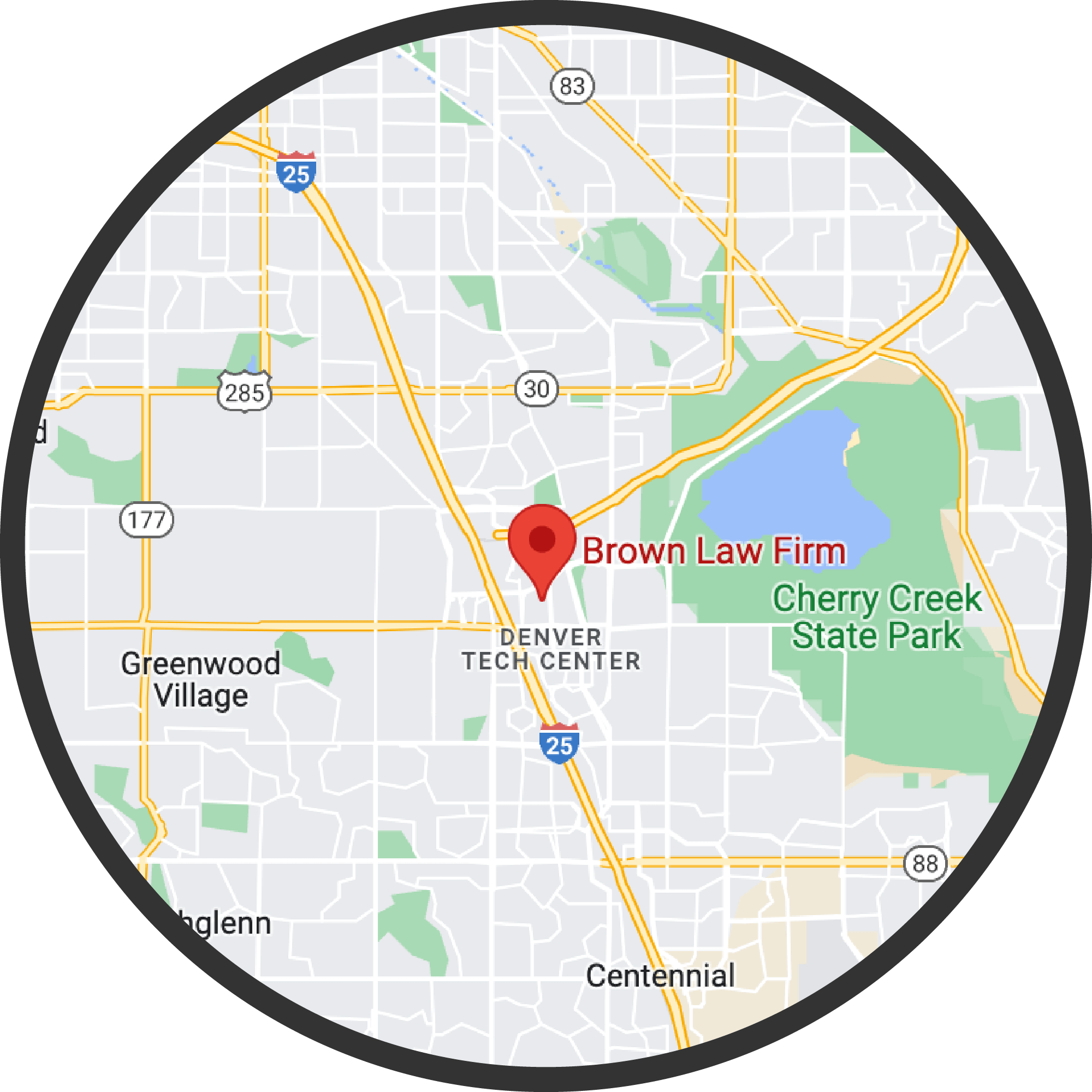
Are there any Drawbacks of a Living Will?
A living will is a legal document meant to outline your wishes for both medical care and end-of-life decisions in the event that you are…
December 17, 2022
Read Post
Do I Need a Durable Power of Attorney?
Estate planning comes with many questions. How do you want to structure trust distributions? Does a revocable or irrevocable trust make more sense to hold…
November 17, 2022
Read Post
How Often Should my Estate Plan be Revised?
Once you have checked estate planning off your to-do list, you may think it is a task that is complete forever. While this would be…
October 17, 2022

What Assets Should be Placed in my Living Trust?
One of the most important steps you can take to ensure your legacy lives on is by engaging in estate planning. There are many ways…
September 17, 2022

What is the Gift Tax and Who Pays It?
While the common saying is “there’s no such thing as a free lunch,” some might argue that there is no such thing as a free…
August 17, 2022

Financial vs Medical Power of Attorney: What’s the Difference?
Your estate planning toolkit contains many different documents, each with its own unique purpose. We have all heard the term “power of attorney,” but what…
July 17, 2022

Understanding the Basics of Estate Planning
Does hearing the phrase “estate planning” cause your eyes to glaze over or make you want to hum a tune to block out the incoming…
June 17, 2022

What are the 4 Major Types of Taxes to Consider in Estate Planning?
It is often said that there are only 2 certainties in life: death and taxes. True or not, estate planning is still an important step…
May 17, 2022

What Is the Difference Between a Trust and a Will?
When it comes to estate planning, the most important consideration is that it works for you. You have choices in how your loved ones are…
April 17, 2022

What is a Trustee?
There are many people involved in a trust; the grantor who creates the trust, the beneficiaries who receive benefits from the trust, as well as…
March 17, 2022
